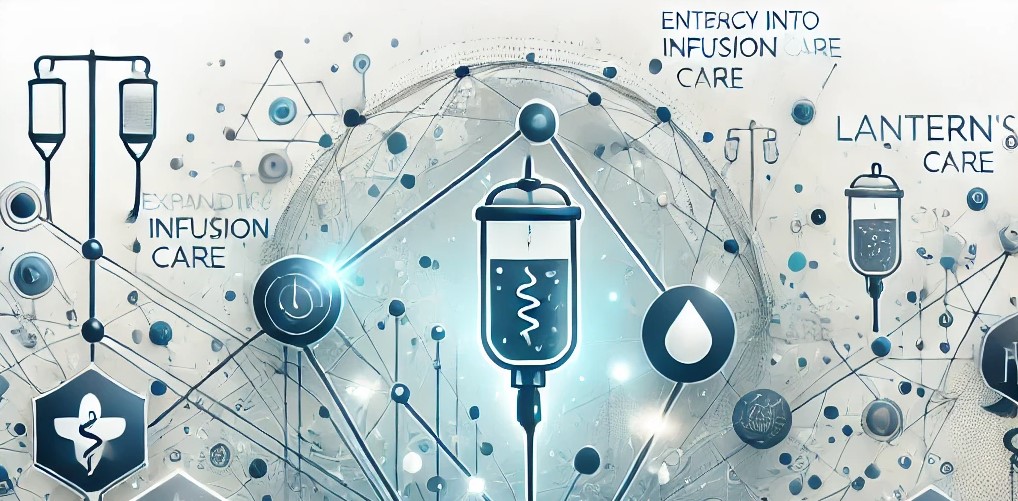Employer Direct Healthcare, a company known for connecting members with specialty care services, has announced its rebranding as Lantern and the expansion of its services into infusion care. This move marks a significant step in the company’s evolution as it aims to provide more comprehensive healthcare solutions to health plans and employers across the United States.
A Growing Presence in Specialty Care

Founded 13 years ago, the Dallas-based company has been steadily building its presence in the specialty care market. Lantern works with a network of over 1,000 employers, including major companies such as Hyatt Hotels, 7-Eleven, and the state of Florida, providing services for hundreds of self-funded health plans. Today, the company supports about 6 million people nationwide, with plans to add nearly 2 million more members by the end of the year.
Lantern’s network includes more than 3,000 surgeons and oncologists, alongside over 1,500 facility partners, offering members access to top-performing specialists for various healthcare needs. Since its inception, Lantern has facilitated more than 60,000 care journeys, with nearly 40,000 of those occurring in the past two years alone.
Expansion Into Infusion Care

Lantern’s recent foray into infusion therapy represents a strategic milestone in its efforts to broaden the scope of specialty care services. By offering nationwide access to both in-home and facility-based infusion options, the company aims to make high-quality care more accessible and cost-effective for its members. Infusion therapy, which is often necessary for conditions such as cancer, autoimmune diseases, and chronic infections, now complements Lantern’s existing services in surgical and oncology care.
Lantern CEO John Zutter emphasized the significance of this expansion in an exclusive interview with Fierce Healthcare:
“We’ve gone from being kind of a quiet leader in this center of excellence space to expanding now across specialty care capabilities, including cancer and infusion.”
The move to include infusion therapy aligns with Lantern’s mission to reduce healthcare costs for employers and employees while ensuring that members receive care within convenient driving distances. By integrating infusion therapy into its network, Lantern addresses a growing demand for high-quality, accessible infusion care, offering a more comprehensive suite of specialty care options.
The Rebranding to Lantern

The transition from Employer Direct Healthcare to Lantern is more than just a name change. The new branding reflects the company’s broadened vision and its efforts to establish partnerships not only with employers but also with health plans, navigators, and other healthcare ecosystem players.
Zutter explained that the rebranding provides an identity that is “cleaner, brighter, and more modern.” He stated, “We didn’t want a name that suggested we were exclusive to working directly with employers. We work with navigators, health plans, and other ecosystem players.” The rebranding aligns with Lantern’s recent collaboration with UnitedHealthcare, announced last year, indicating a strategic shift toward more integrated partnerships within the healthcare sector.
Lantern’s new corporate values are encapsulated in the word “LIGHT”—Logic, Inclusion, Grit, Humanity, and Truth—which the company says embodies its commitment to improving healthcare access and quality.
Looking Forward
From my perspective, Lantern’s expansion into infusion care and its strategic rebranding signal the company’s readiness to further solidify its position in the specialty care market. By offering a diverse range of services and partnering with various stakeholders, Lantern is poised to meet the evolving needs of health plans and employers, ultimately providing members with easier access to high-quality, affordable care.
The company’s focus on improving accessibility, whether through in-home services or proximity to high-quality care providers, aligns with broader healthcare trends toward patient-centered care and cost containment. As Lantern continues to build out its offerings, its commitment to lowering healthcare costs while ensuring quality care will likely resonate with health plans, employers, and patients alike.






